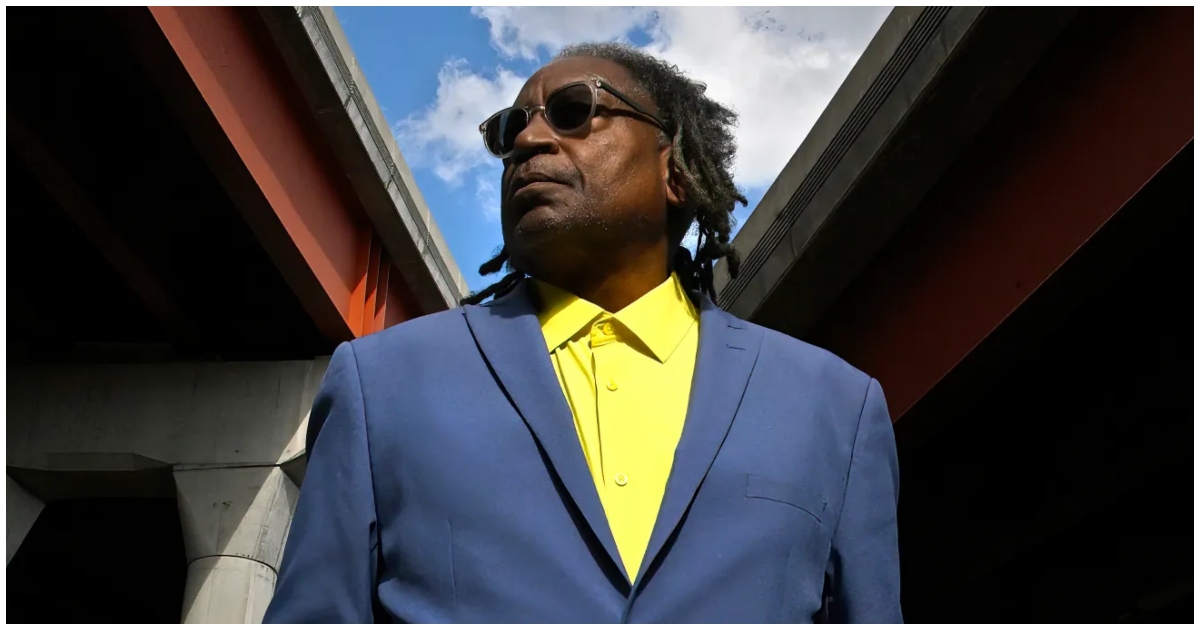New Haven, Connecticut, is currently considering a public apology for its historical decision to reject the nation’s first Black college. This significant moment from 1831 is finally receiving the attention it deserves, as city officials reflect on the lasting impact of that decision on education and civil rights.
Historical Context of the Rejection
In 1831, a coalition of Black leaders and white abolitionists came together to propose a college aimed at providing education for Black individuals. During a time when access to education was severely limited for African Americans, this initiative represented hope and opportunity. Unfortunately, the city’s white male landowners, who were the only ones allowed to vote, rejected the proposal by a staggering vote of 700 to 4.
The aftermath of this rejection was violent. Attacks against Black residents and their white supporters erupted, showcasing the deep-seated racism of the time. Thomas Ficklin Jr., a key proponent of the current apology effort, emphasized, “My political ancestors were involved with this. Now we have a chance to kind of render our opinion on their actions.” His commitment highlights the importance of acknowledging past injustices.
The Push for Apology and Educational Programs
City Alder Thomas Ficklin Jr. submitted a proposed resolution for a public apology in August. This initiative encourages New Haven’s schools and Yale University to educate the community about the events surrounding the rejection of the Black college. Ficklin passed away shortly after presenting the proposal, leaving behind a legacy that others now aim to continue.
City Historian Michael Morand has pledged to carry on Ficklin’s work. “We will move the resolution forward toward a vote,” Morand stated, emphasizing the need for acknowledgment of past wrongs. Public interest in the issue surged after the release of a documentary that shed light on the 1831 events, reigniting discussions on the significance of that period.
The Wider Impact of the Rejection
The decision to reject the college had far-reaching consequences, affecting generations of Black students. It was not merely a local issue but one that reinforced the systemic oppression faced by African Americans across the nation. After the rejection, Connecticut enacted what was known as the “Black Law,” which prohibited the education of out-of-state Black individuals. This law was later cited in the infamous 1857 Dred Scott ruling, further embedding racial inequality into U.S. law.
Prominent figures in the opposition included David Daggett, a founder of Yale Law School and a former U.S. senator. His role in rejecting the college illustrates how influential institutions supported racial oppression. The repercussions of these actions echoed throughout history, ultimately delaying educational opportunities for countless Black individuals.
Looking Ahead: A Chance for Healing
As New Haven contemplates this apology, the focus is on healing and understanding. The current movement is not just about acknowledging past mistakes but also about fostering an environment of inclusivity and education. Yale University’s recent apology for its historical ties to slavery indicates a broader recognition of the importance of confronting uncomfortable truths.
Moreover, the proposed apology could serve as a pivotal moment for the city, offering a chance to right historical wrongs and educate future generations. “This is really like a turning point,” said Tubyez Cropper, a Yale researcher. The journey toward reconciliation may inspire other communities to reflect on their histories and strive for a more equitable future.




